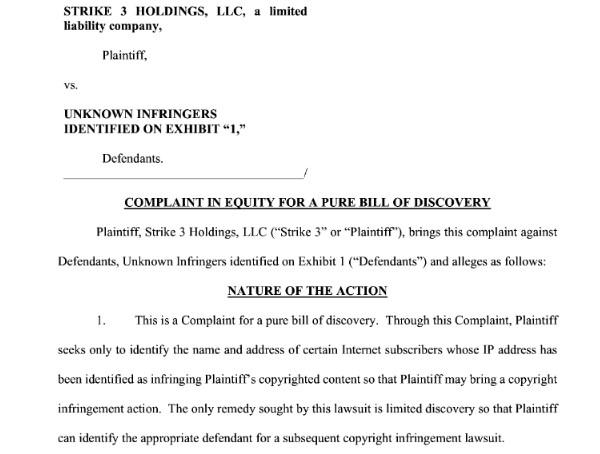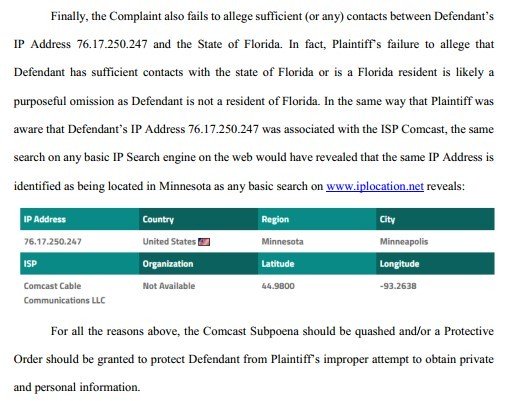French Anti-Piracy Law Decreased Music Consumption Variety, Research Suggests
dimanche 15 décembre 2019 à 19:05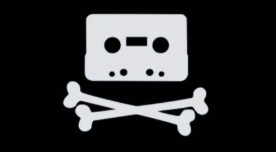 Two decades ago, the music industry was presented with an unprecedented threat. Napster made it possible for the public at large to share tracks with people they didn’t have to meet in person.
Two decades ago, the music industry was presented with an unprecedented threat. Napster made it possible for the public at large to share tracks with people they didn’t have to meet in person.
While sharing was already commonplace on bulletin boards and IRC, Napster opened it up to an audience of millions.
In the years that followed, torrent sites, download portals, and other pirate services only made things worse. To counter this threat the music industry began filing lawsuits and lobbied for modern anti-piracy laws, which France was one of the first countries to adopt.
Ten years ago the French Government approved the HADOPI law. Among other things, it included a graduated response system where Internet subscribers face fines and even criminal convictions if they get caught repeatedly.
According to initial studies, the legislation wasn’t very effective. However, a new paper set to be published in a forthcoming issue of the academic journal Information, Economics and Policy, sings a different tune.
To measure the impact of Hadopi on music consumption, KU Leuven researcher Ruben Savelkoul analyzed music sales in France during the years following the introduction of the law and compared that data with sales in Belgium and the Netherlands.
The research specifically looks at digital download purchases during the early years of Hadopi. The results, shared in an article titled “Superstars vs the Long Tail”, shine an interesting light on the potential impact the anti-piracy law had during this time.
One of the main findings is that Hadopi had a positive effect on the sales of digital music tracks in France compared to the two control countries. This effect was the strongest for popular artists.
In addition, the findings suggest that the effect of Hadopi on sales decreased over time, except for bigger artists.
“The introduction of the Hadopi anti-piracy law in France had a positive effect on sales for all artists, superstars as well as artists lower in the sales distribution,” Savelkoul writes.
“The effect is stronger for superstars, suggesting that smaller or niche artists gain exposure from illegal downloading, partly offsetting the negative substitution effect on sales,” he adds.
The weaker effect on smaller artists suggests that these may also see some benefits from piracy. For example, because piracy allows music fans to discover new content more easily.
This leads to the second hypothesis tested by Savelkoul. Did the anti-piracy measures lead to a reduction in variation when it comes to music consumption? This indeed turned out to be the case.
“We found that in the absence of piracy, consumers tend to concentrate more on genre and style,” Savelkoul writes.
The researcher suggests that piracy makes it easier to discover newer music. As a result, people consume more different types of music. Stricter anti-piracy measures limit this effect and as a result music fans buy more ‘popular’ music.
“In absence of the possibility to sample ‘adventurous’ music, consumers might not be willing to pay and purchase these music items to discover its quality and instead opt for ‘safer’ purchases, thus consuming less variety,” Savelkoul notes.
Overall, the findings suggest that stricter anti-piracy measures can positively impact digital sales revenue. At the same time, however, they decrease variation in music consumption.
While these are intriguing findings, the paper’s author cautions against generalizing the results. The findings only cover a relatively short period of a few years. In the long run, the effect may be different.
In addition, the research only looks at digital music sales. It’s unclear what the effect is on touring revenue for example. Related research has found that revenue from live performances is growing for smaller artists and Savelkoul suggests that piracy may have a net positive effect for this group.
Finally, it’s worth noting that the music industry has changed quite a bit since the introduction of Hadopi. Streaming subscriptions are now the main digital revenue source, which has made it easier for consumers to discover new content. As such, the ‘discovery’ benefit of piracy may not be the same today.
—
A copy of the article titled “Superstars vs the Long Tail: How Does Music Piracy Affect Digital Song Sales for Different Segments of the Industry?” can be found behind a paywall.
Source: TF, for the latest info on copyright, file-sharing, torrent sites and more. We also have VPN reviews, discounts, offers and coupons.

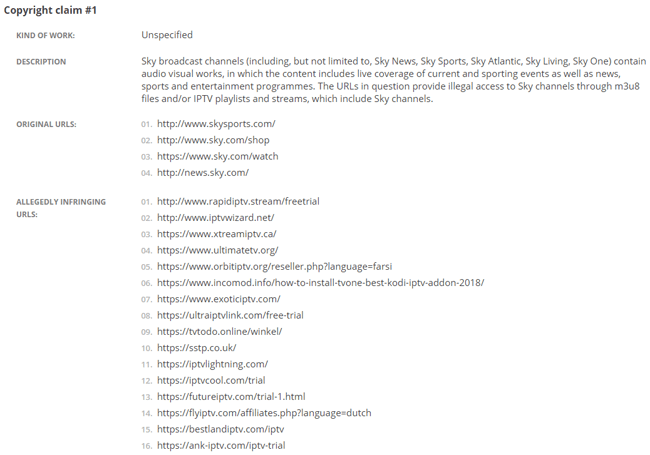

 Earlier this year a federal grand jury
Earlier this year a federal grand jury 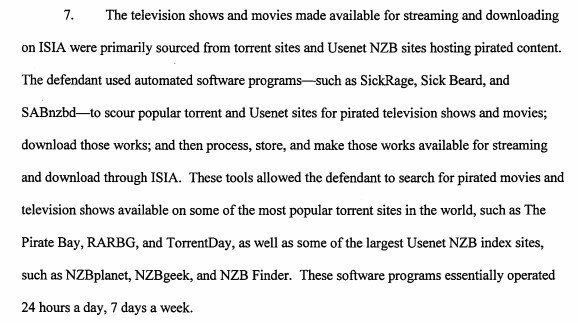
 Earlier this week we reported on a
Earlier this week we reported on a 